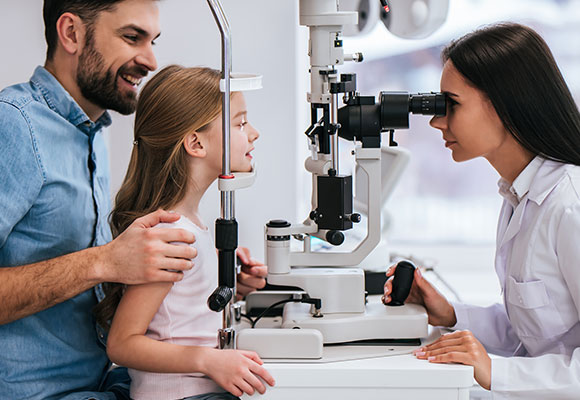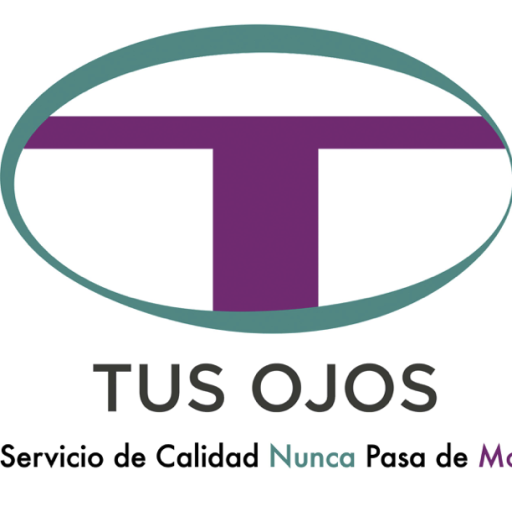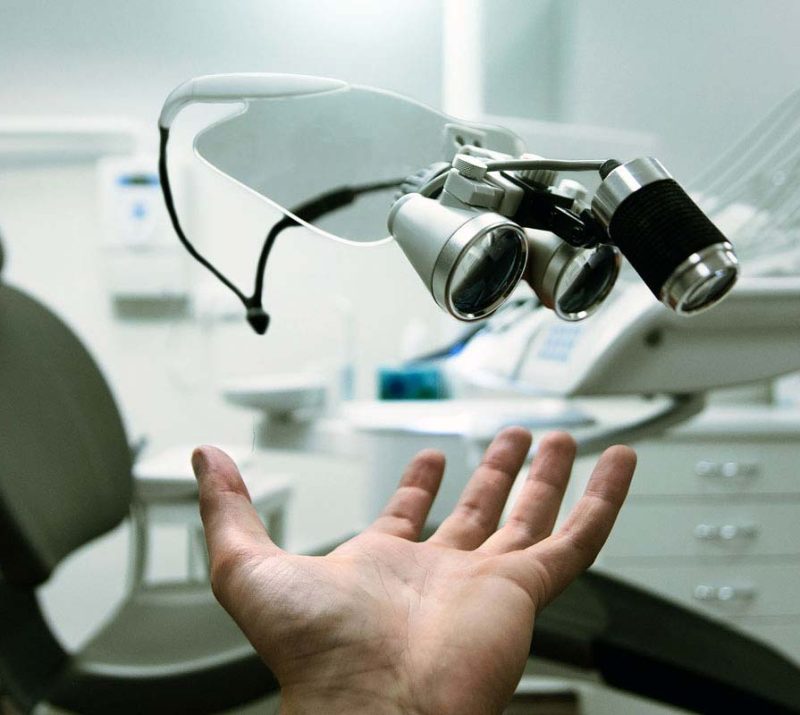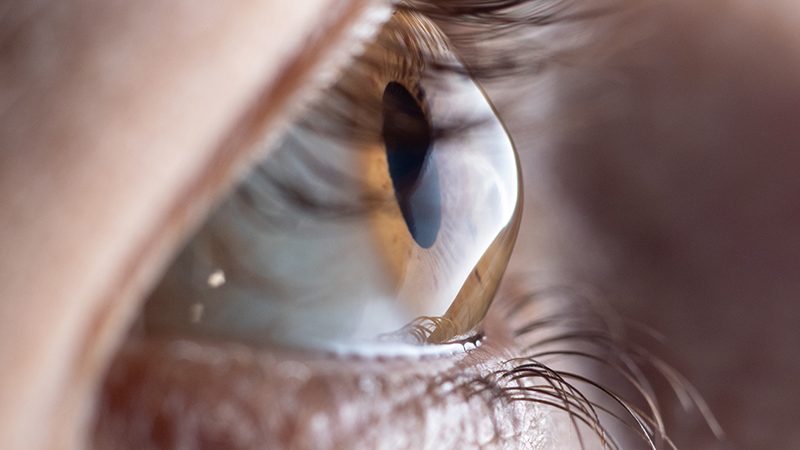
Why They’re Essential for Your Vision Health
A comprehensive eye exam is a thorough assessment of your eye health and vision, going beyond a simple vision screening to evaluate overall eye function and detect potential eye diseases or vision issues.
What Does a Comprehensive Eye Exam Include? A comprehensive eye exam is conducted by an optometrist or ophthalmologist and typically includes:
- Visual Acuity Test: Measures how well you see at various distances, often using an eye chart.
- Refraction Test: Determines if you need prescription glasses or contact lenses and identifies refractive errors, like myopia (nearsightedness), hyperopia (farsightedness), and astigmatism.
- Eye Muscle Function Test: Checks eye alignment and coordination to detect issues like strabismus (crossed eyes).
- Pupil Response Test: Assesses how your pupils respond to light, which can reveal neurological or optical problems.
- Eye Pressure Measurement: This “tonometry” test measures intraocular pressure and helps screen for glaucoma.
- Retinal Exam: Using special lenses or imaging devices, the doctor examines the retina, optic nerve, and blood vessels at the back of your eye, which can reveal signs of conditions like diabetes or macular degeneration.
Why Are Comprehensive Eye Exams Important? Regular eye exams are essential because they:
- Detect Eye Diseases Early: Many eye diseases, such as glaucoma and macular degeneration, may not show symptoms in their early stages but can lead to vision loss if left untreated.
- Update Vision Prescriptions: Even if you currently wear glasses or contacts, your prescription can change over time. Regular exams ensure you always have the clearest possible vision.
- Assess Overall Health: Eye exams can also reveal signs of other health issues, including diabetes, high blood pressure, and even certain types of cancer.
How Often Should You Get a Comprehensive Eye Exam?
- Adults: Every 1-2 years, or more often if you have vision problems or a family history of eye diseases.
- Children: At least once a year, especially during developmental years to support proper visual development.
In summary, comprehensive eye exams are vital for maintaining eye health, ensuring sharp vision, and detecting potential health issues. Don’t wait until you notice symptoms—regular exams are your best defense for long-term eye wellness!



